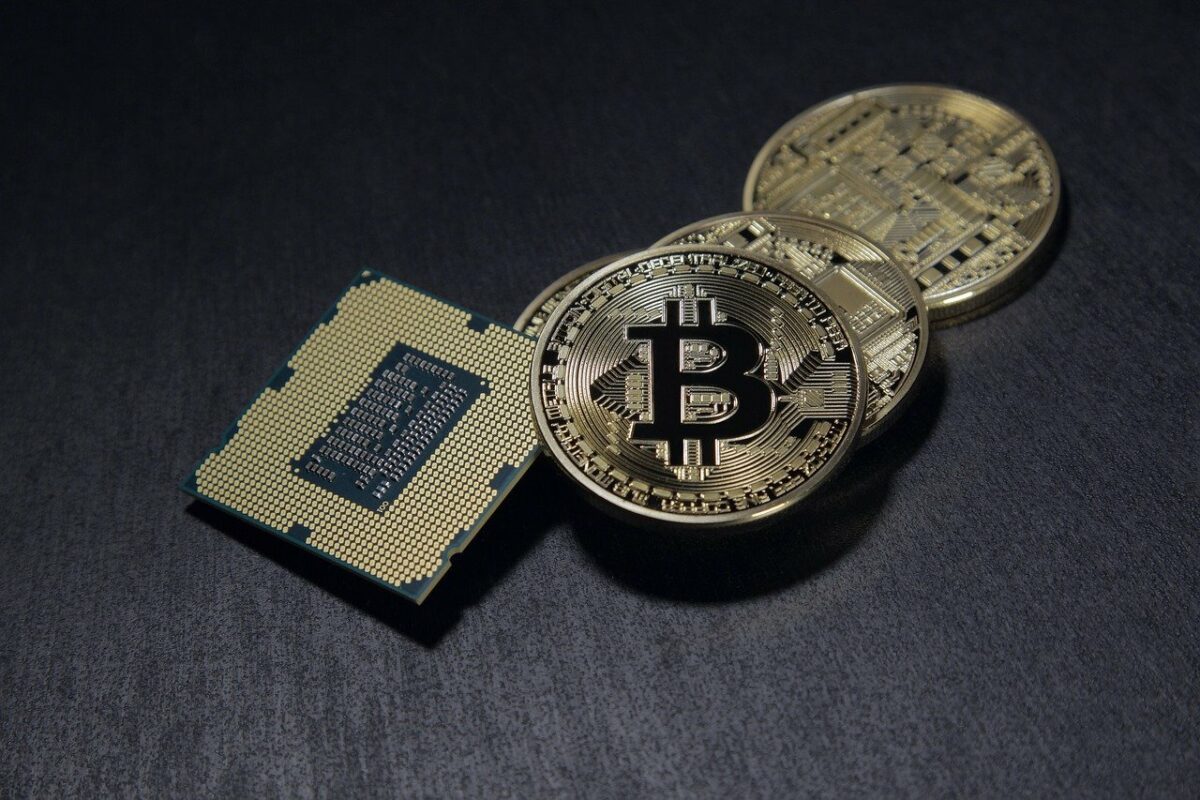Nigeria’s SEC forms Fintech unit to study crypto for future regulations

Regulatory crackdown on crypto has become quite prevalent in many parts of the world, including Nigeria. However, the country that homes one of the largest groups of crypto-traders in the world is now looking to introduce regulations that would encourage the protection of investors.
The country’s SEC is in the news today after it established a dedicated fintech division that will be studying crypto and blockchain investment products. As per local reports, this could later be fashioned into a crypto-regulatory framework in the future.
According to the Securities and Exchange Commission’s Director-General Lamido Yuguda,
“We are looking at this market closely to see how we can bring out regulations that will help investors protect their investment in blockchain.”
Although a timeline for implementing these regulations hasn’t been provided by regulators yet, Yuguda noted that the SEC will step in with regulations once crypto is allowed within the Nigerian banking system. The country’s SEC has sought to regulate crypto as securities while other countries are still awaiting clarity on the matter.
No surprise there since Nigeria has been one of the biggest markets for crypto-trading, especially if you consider peer-to-peer transactions. However, in February, the central bank had banned lenders from transacting or facilitating deals in cryptocurrencies.
As per reports, the rise in the use of Bitcoin was driven by payments from small businesses and a weakening naira currency. This made it difficult to get USD require to import goods and services.
However, the commission has been in talks with the central bank. According to Yuguda, this will fuel the launch of the digital currency, e-naira. The report added,
“The commission is seeking to work with fintech firms to boost the marketing of domestic securities to prevent capital flight. The central bank this month blocked the accounts of six firms for allegedly sourcing funds from illegal foreign exchange operators to buy foreign securities and cryptocurrencies.”
The SEC also wants to boost savings through investment schemes. These currently have over 4 trillion naira [$9.7 billion] under management divided between public and private fund managers. Owing to the same, private managers have been asked to put in place custody arrangements for investor protection.
With the SEC trying to keep up with the developing crypto-space and trying to manage risk to its economy, crypto-traders currently have more clarity in terms of regulations, than in most other countries.






